Altè in East Africa is now more popular than ever, thanks to the efforts of curators and prolific artistes who are realising they don’t need to abandon their roots to engage with the Altè music tradition.
By Frank Njugi
Music has long relied on genre as its organising principle. Yet, in the modern world, where few contemporary artistes take pride in a purely traditional approach to form—most intentionally diverging from various histories and practices—genre feels increasingly irrelevant to how we think about, create, and consume music.
In an article for The New Yorker, American music journalist Amanda Petrusich reflects on how, in the 21st century, the notion of a musical identity as fixed and narrow, and of taste as inherently insular, has come to feel strange, punitive, and regressive. While genre loyalty might still serve as a way of signalling social identity and indulging in a kind of instinctive tribalism, the boundaries are no longer so strictly defined.
Alternative music has gradually shifted from being a niche genre and is steadily becoming the norm, as more artistes reject anything that might make them appear too conventional.
In Africa, this is particularly evident in the rise of Tems, an artiste whose distinctive stylistic departure from contemporary R&B and neo-soul has made her one of the defining Black artistes of her era.
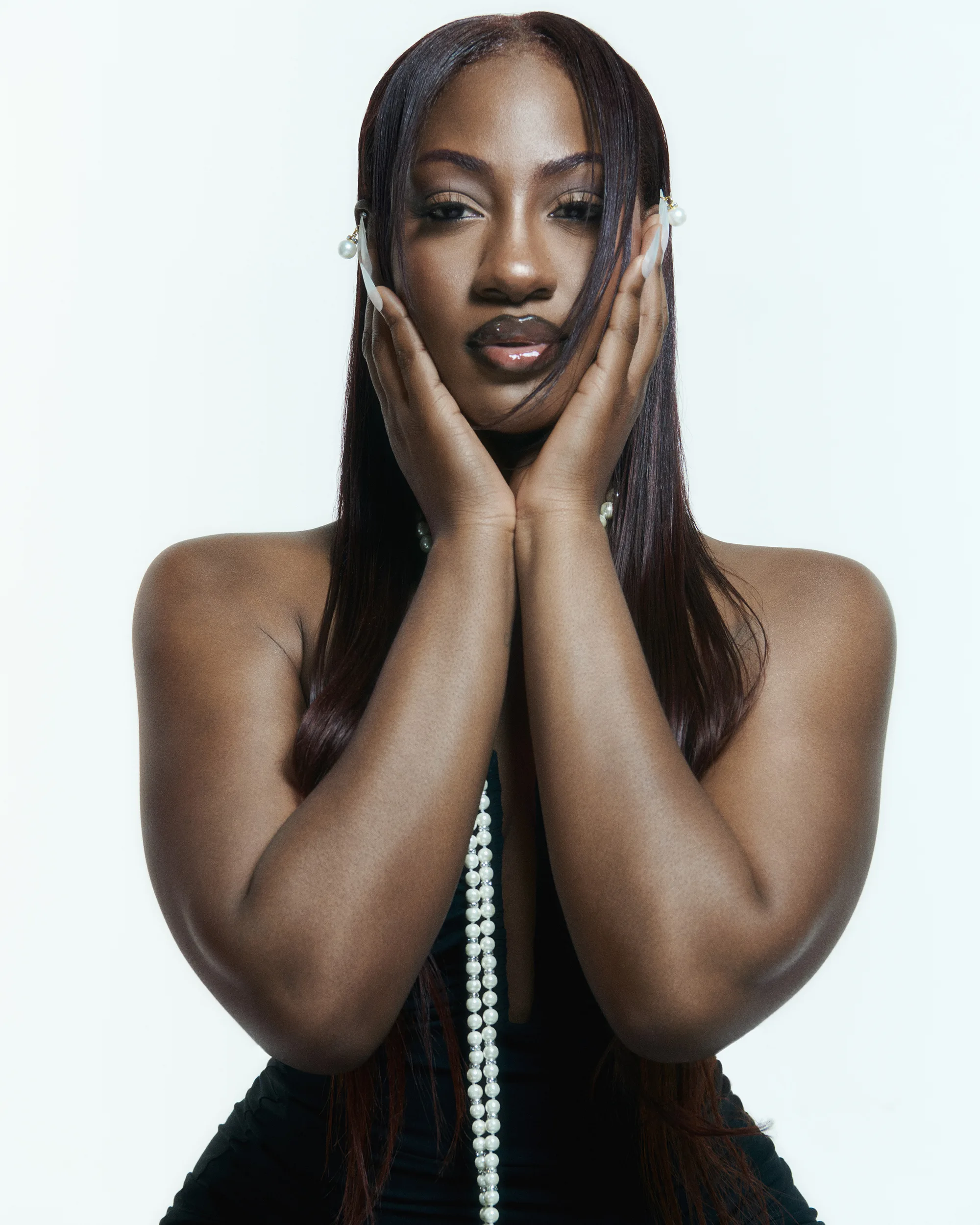
The trend of music in Africa being sonically organised and presented as anything but conventional has also led to the development of the Altè music genre.
Altè, a subgenre of Afrobeats, is a fusion that blends elements of Afrobeats with Dancehall, Reggae, Hip-Hop, and Alternative R&B. Although Altè is, by definition, a movement that originated in Nigeria, it is not confined to West Africa.
On the other side of the continent, in East Africa, variations of unconventional music-making have recently gained traction in the mainstream. With innovative sounds and a boundary-pushing ethos, these new styles now dominate the industry, often surpassing long-established genres in popularity and success.
This was particularly evident in 2024, as Altè music acts boldly competed with their mainstream counterparts, challenging their dominance with chart-topping albums and impressive streaming numbers.
Arguably the best album to emerge from the region in 2024 was We Cut Keys 2 by Blinky Bill, a project that made it nearly impossible to define, let alone enforce, rigid boundaries between Pop, Electronica, House, and Hip-Hop.
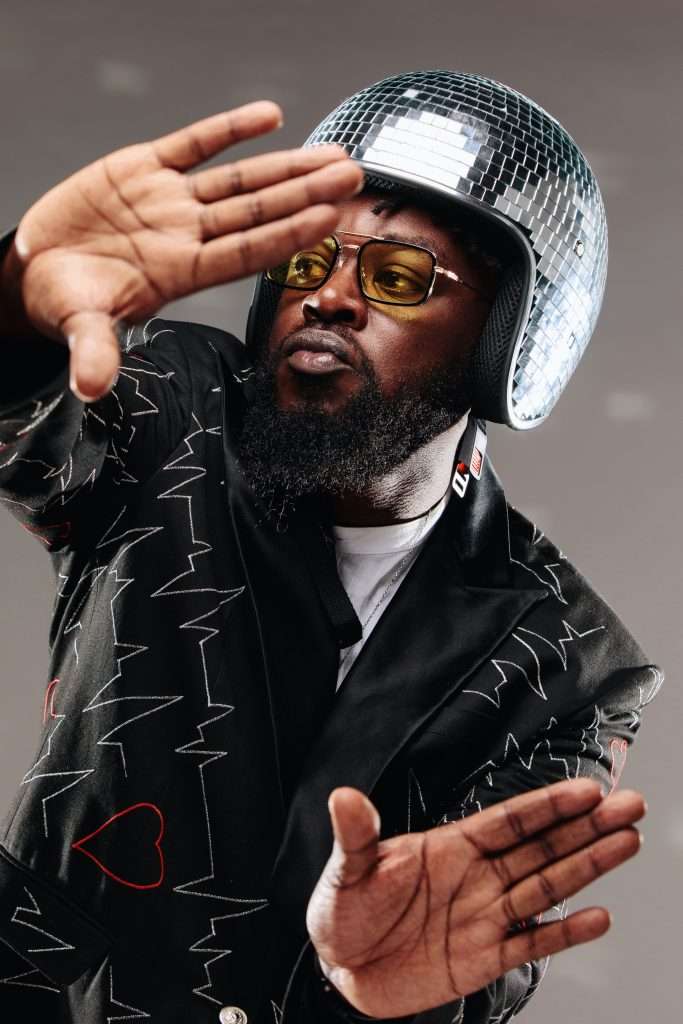
Blinky Bill is regarded as the architect behind the towering structure of East Africa’s Altè music movement—a trailblazer who paved the way for the modern East African Altè music scene. In the 2000s, he served as the visionary heartbeat of the iconic and pioneering Kenyan Altè band, Just A Band, alongside creative collaborators: graphic designer Jim Chuchu, filmmaker Mbithi Masya, and animator Dan Muli.
We Cut Keys 2 comprises 16 songs, each a masterpiece in its own right. The album’s artistry is matched only by the exceptional works of other alternative genre artistes from the region.
Two of the most streamed songs by an East African artiste in 2024 were “Not Sorry For Loving You” and “Love in Paradise” by Barbara Wangui. She released the singles as part of EPIC: The Musical, a sung-through adaptation of Homer’s epic poem, The Odyssey. EPIC: The Musical was presented as a nine-part series of concept albums, offering a modern retelling of the adventures of the Greek hero Odysseus on his journey home from the Trojan War.
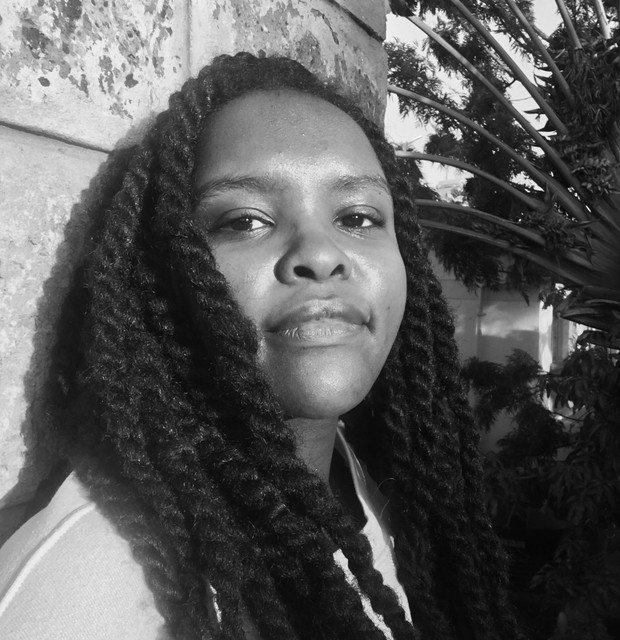
Barbara Wangui played the role of Calypso, a nymph in The Odyssey, and her performance of the two songs catapulted her to the top of the Spotify charts, making her one of the most streamed artistes from East Africa.
The infectious sounds of the singles were crafted by playwright and composer, Jorge Rivera-Herrans. Like the rest of the songs in EPIC: The Musical, both tracks seamlessly blended a variety of musical genres, including orchestral, electronic, and pop.
Barbara Wangui is currently the artiste with the second-highest number of Spotify monthly listeners in her home country, Kenya. Following closely behind is another Altè artiste, tg.blk.
Born and raised in the vibrant coastal city of Mombasa, tg.blk first gained attention with her viral debut single, “Love Being Used”, in 2021. A raw DIY creation—recorded, mixed, and mastered within the confines of her university bedroom—the self-crafted Altè Hip-Hop anthem quickly gained traction, amassing hundreds of thousands of streams within weeks.
After a two-year hiatus, tg.blk made her return in 2024 with her debut EP, It’s Not That Deep, swiftly reclaiming her fanbase while attracting new listeners. With a preference for rapping over jazzy, funky, and pop/rock-inflected soundscapes—rather than the gangsta, bass-heavy, and hardcore elements typically associated with East African Rap—tg.blk is seen as a trailblazer.
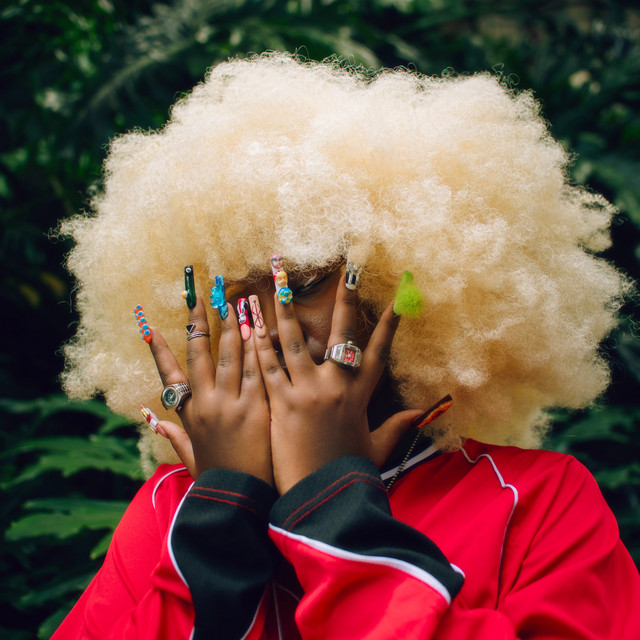
She is boldly charting a new course for underground rap, and through her, Altè rap is emerging as the future of East Africa’s Hip-Hop scene. She is also quickly becoming one of Africa’s most promising young artistes to watch.
East Africa is entering an era in which popular music feels increasingly hybrid, with listeners no longer confined to a single sonic identity. Perhaps this is why the region’s most popular music festival, Beneath The Baobabs, has become a haven for Altè music enthusiasts.
Known for showcasing cutting-edge acts that challenge the mainstream, the festival celebrates the diverse and underground sounds defining the region’s music scene.
Beneath The Baobabs is an annual festival held from 30th December to 1st January above the source of Takaungu Creek in Kilifi, within Kenya’s iconic baobab forest.

Thousands of festival-goers gather for three unforgettable nights, drawn by the magnetic pulse of diverse artistes who thrive on the edges of genres—from the vibrant beats of Afro-House and the electric hum of electronic music to the rhythmic flow of Hip-Hop.
According to the organisers, Beneath The Baobabs exists to create space for authentic expression through music, dance, and art.
With its commitment to inclusivity, the festival aligns with artistes who believe that genre is not static and that music need not cling to rigid signifiers. Instead, it celebrates music as an evolving art form capable of pushing boundaries to reflect deeper and more intricate artistry.
The 2024 edition, marking the festival’s 10th anniversary, featured Blinky Bill as the headlining act, accompanied by a collective of equally notable Altè artistes, including tg.blk, South Sudanese-Canadian artiste, Emmanuel Jal, Kampire from Uganda, and Mau From Nowhere—the multi-hyphenated Kenyan-British artiste known as a chameleon of cultures, who weaves silky, slow-burning melodies with the confidence of playful courting.
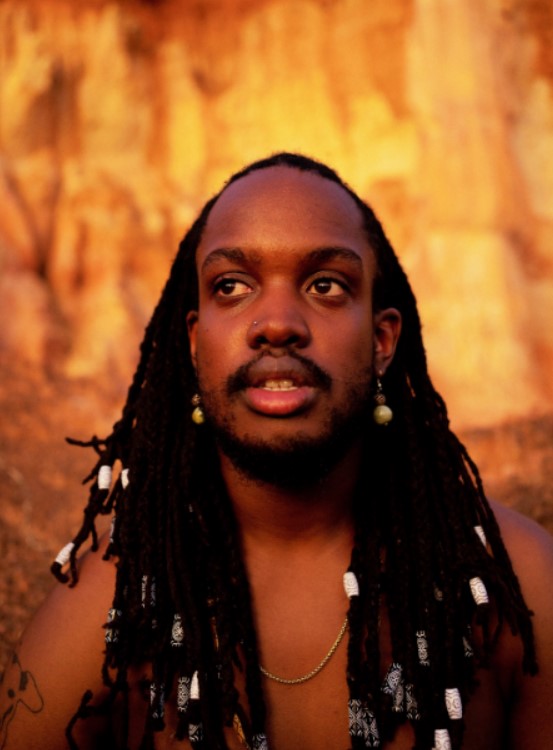
Altè in East Africa is now more popular than ever, thanks to the efforts of curators and prolific artistes who are realising they don’t need to abandon their roots to engage with the Altè music tradition.
Through their music, these artistes are fostering the belief that East African Altè music is evolving from a marginal scene into a near-mainstream phenomenon. Alongside genres like Bongo Flava, Genge, and Hip Hop—long the dominant forces in the mainstream—Altè has emerged as a hybrid musical movement in its own right.
Frank Njugi is a Kenyan Writer, Culture journalist and Critic who has written on the East African and African culture scene for platforms such as Debunk Media, Republic Journal, Sinema Focus, Culture Africa, Drummr Africa, The Elephant, Wakilisha Africa, The Moveee, Africa in Dialogue, Afrocritik and others. He tweets as @franknjugi.




